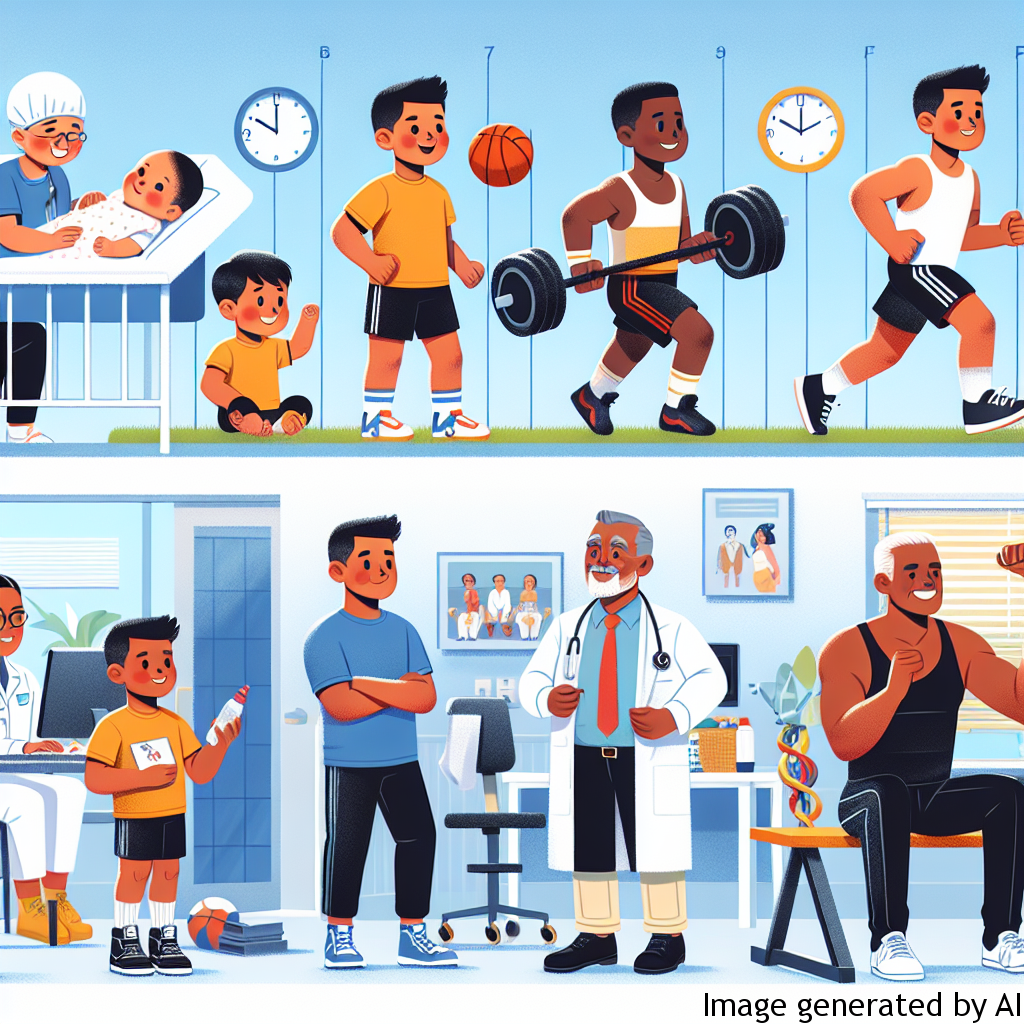Introduction
Men’s health is of critical importance across all stages of life, but at the same time it remains a significantly neglected aspect of global health. Due to a combination of sociocultural factors and gender expectations, the health – notably the psychological health – of men comes with unique challenges. Hence, a greater understanding of men’s health across different age stages is necessary.
Gender Expectations and Their Impact on Men’s Psychological Health
Gender roles have a profound effect on psychological health as they dictate how individuals should behave, feel, and think in society.
Societal Expectations from Men
The stereotypical notion of masculinity often pressures men to suppress their emotions, making them reluctant to seek help for mental health problems. The societal expectation that men must be strong and stoic can lead to stress, anxiety, depression and other mental health issues.
Effects on Mental Health
The pressure to conform to these gender roles can create an emotional toll, leading to incredibly damaging effects on men’s mental health. Research indicates that this could be one of the reasons why suicide rates among men are significantly higher than those of women.
Examples of How Gender Roles Can Impact Men’s Lives
From a young age, boys are taught to be “tough” and not show their feelings, which can lead to emotional suppression. This dictation of societal norms continues into adulthood. Men, for example, are often expected to be the primary breadwinner of their family, a role that can lead to significant stress, especially in uncertain economic times.
Beyond that, while society has made great leaps in accepting men as caregivers, the expectation that the female partner will take on most childcare and household chores persists. When men stand against this narrative, they might face ridicule or end up feeling emasculated.
Tips for Improving Psychological Health Incorporating Gender Roles
Improving one’s psychological health while considering gender roles entails acknowledging the pressures these roles impose and actively working against them. Here are a few tips:
1. Embrace Vulnerability: Encourage men to discuss feelings and emotions, working against the “men don’t cry” stereotype.
2. Seek Professional Help: Encourage men to seek help from mental health professionals. Bridging the gap between masculinity and mental health can help in mitigating psychological issues.
3. Maintain a Healthy Lifestyle: A well-balanced diet, regular physical activity, and consistent sleep schedule can help improve mental well-being.
4. Redefine Masculinity: Encourage definitions of “manhood” that value empathy, care-giving, and emotional honesty as much as strength and resilience.
Conclusion
It’s essential to recognize the vital role that gender expectations play in men’s health. Encouraging dialogue and fostering environments that allow men to express challenges they face due to these expectations is crucial. By recognizing and actively working against the detrimental constraints of these gender roles, we can work towards fostering a society where pursuing health, both mental and physical, is a task free of gender-based obstacles.

